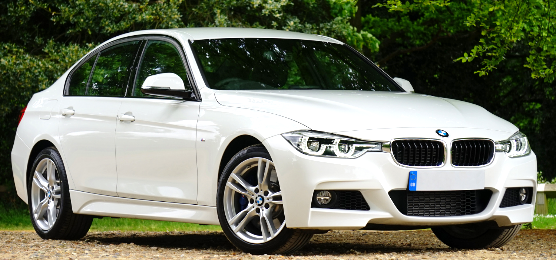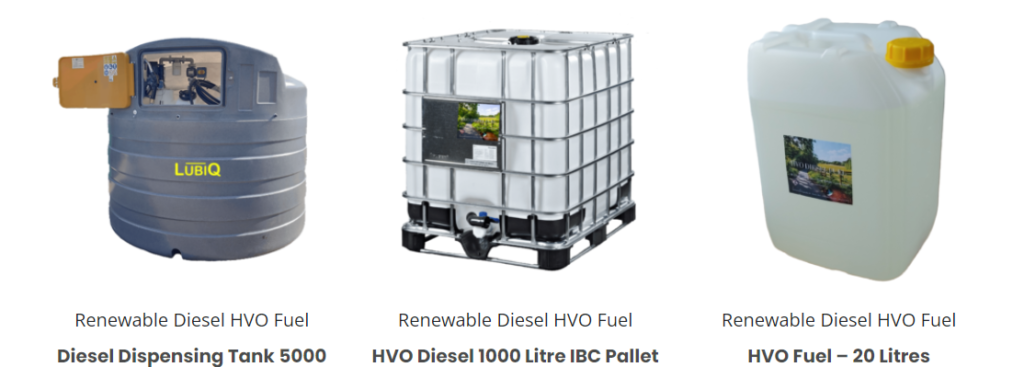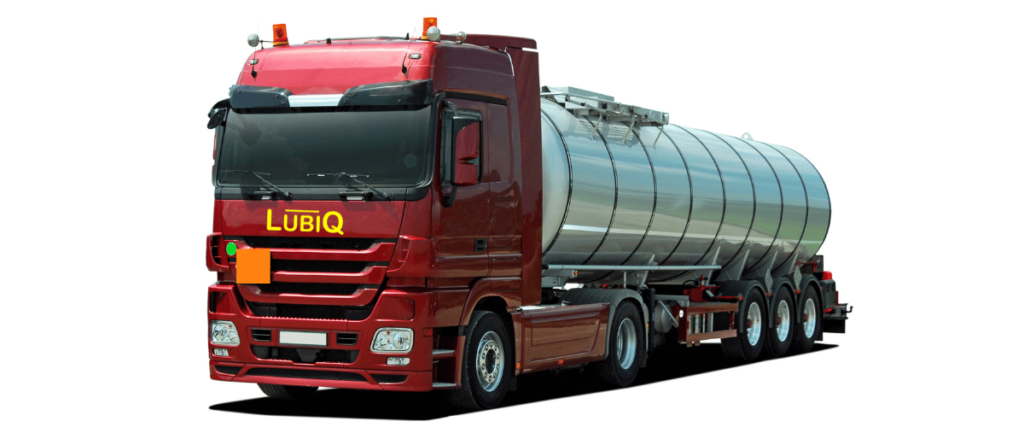Decarbonisation Strategy For Fleets
Many companies looking to develop a decarbonisation strategy find that the van and car CO2 emissions per km are quite a significant headache in reaching net zero.

Vehicle Options For Decarbonisation
Do fleet managers look to EV’s with getting drivers used to this new type of vehicle and accessing enough range and charging stations or continue with existing vehicles?
Many have embraced a decarbonisation strategy to cut the air pollution caused by vehicles with hybrids and/or battery vehicles and found them less than ideal in the forceful pace of commerce in the 2020’s.
Diesel Practicality, Grunt, And Pace
From parcel delivery to taxis, minibuses, and engineer’s vans, the demanding nature of just-in-time manufacturing and repair plus worsening traffic means vehicles are under the cosh. The weight of batteries in EV’s means in general they offer less payload carrying ability and wear out tyres faster than diesel vans.

This in fact is where the diesel engine is still a winner in that it can take punishment and is at its best for cruising on longer journeys. It is functional, tough, and frugal, but a substantial part of the air pollution caused by vehicles is from burning fossil diesel so at first glance it is doomed from the emissions point of view.
Retain Diesel Grunt With Less Air Pollution
What if the advantages of the diesel engine could be utilised, the increasingly common fuel filter blocking issues with fossil diesel solved, and net greenhouse gas emissions cut by more than 80%?
Sound to good to be true? We admit it does but nevertheless this is a perfectly possible way to swiftly decarbonise by changing to fossil-free HVO renewable diesel fuel.

Hydrotreated vegetable oil can be mixed with normal diesel and is an excellent high purity synthetic fuel with no sulphur and aromatics, it is made entirely from waste, drastically cuts soot, smoke, and NOx.
If your business is concerned about car CO2 emissions per km and wishes to pursue a vehicle, tractor, boat, train, or vans decarbonisation strategy, then hydrotreated vegetable oil is a fantastic solution to look at.
Due to being made from waste cooking oils and residue fats it is the circular economy in action and cuts net carbon emissions by upto 90%, reduces smoke, AdBlue usage, and cold start or storage problems.

A highly efficient, practical, and low hassle advanced biofuel to slash air pollution caused by vehicles, HVO just makes so much sense. Another option is to upgrade your engine with the Opti Combustion system which brings racing engine technology to the pistons for modifications to improve MPG.
Please get in touch to discuss how we can help you further on oil@lubiq.uk
